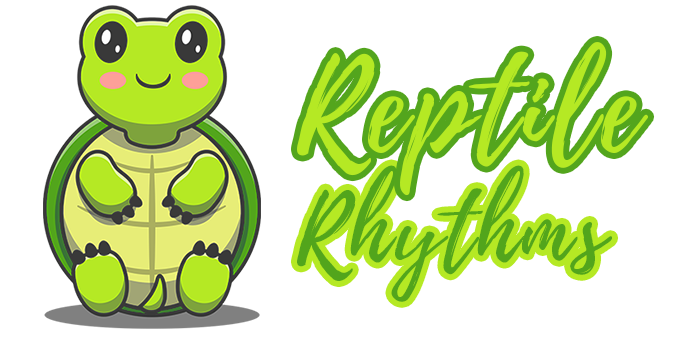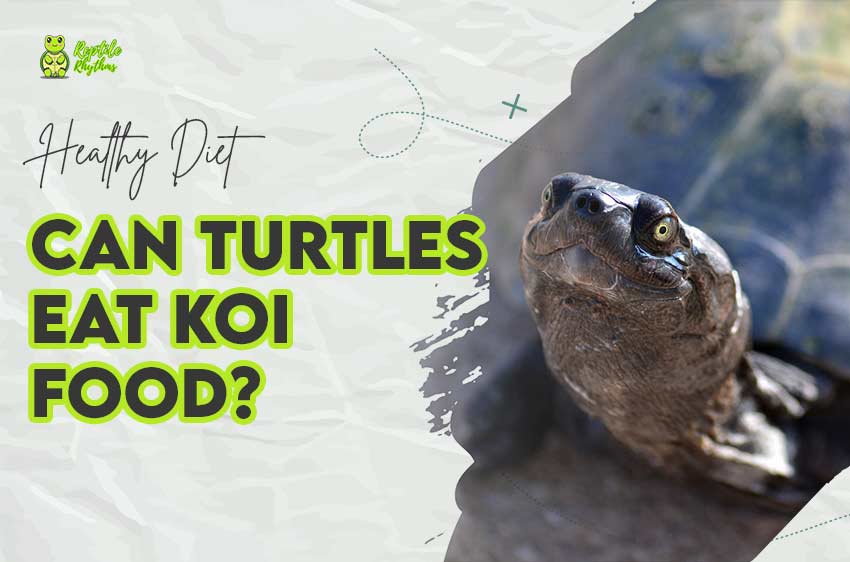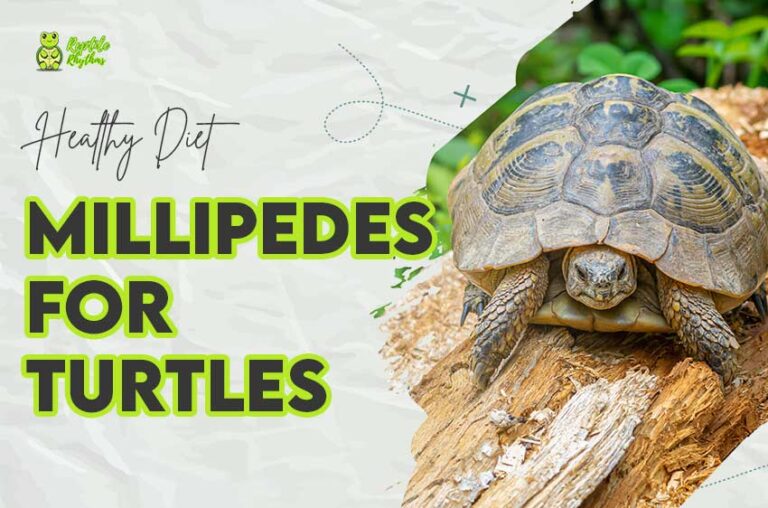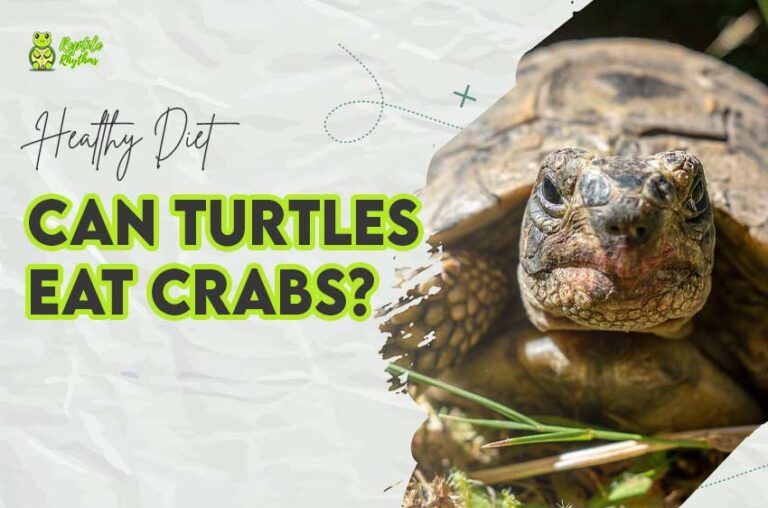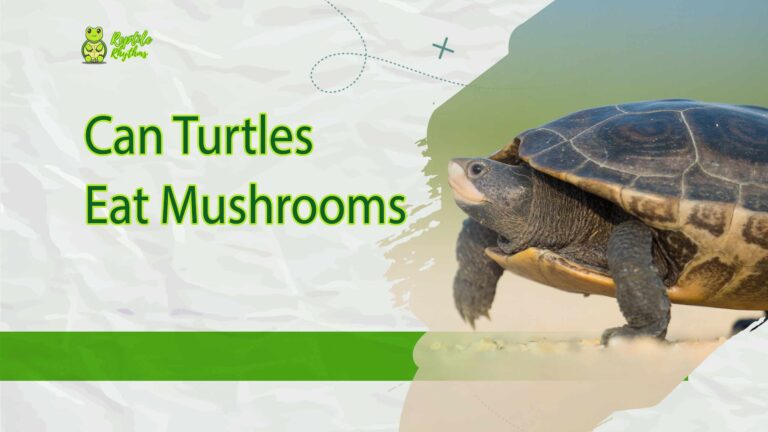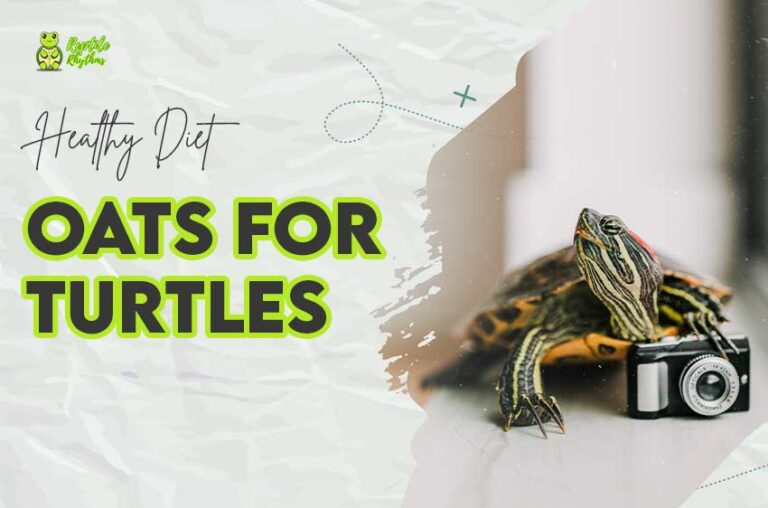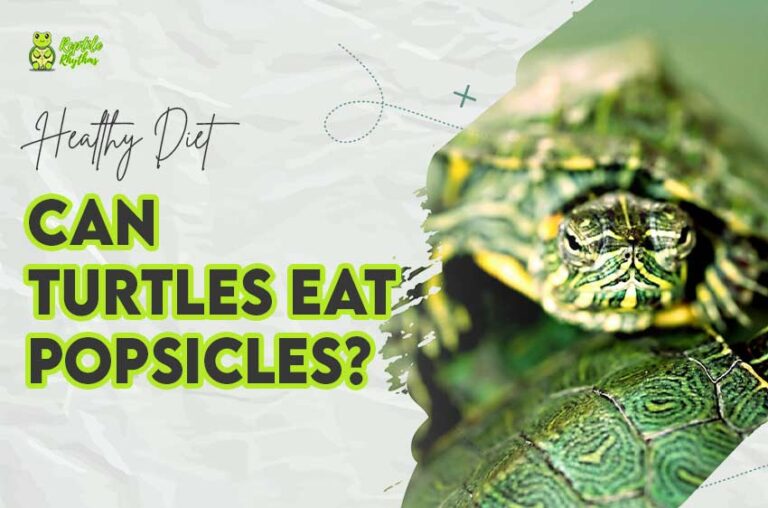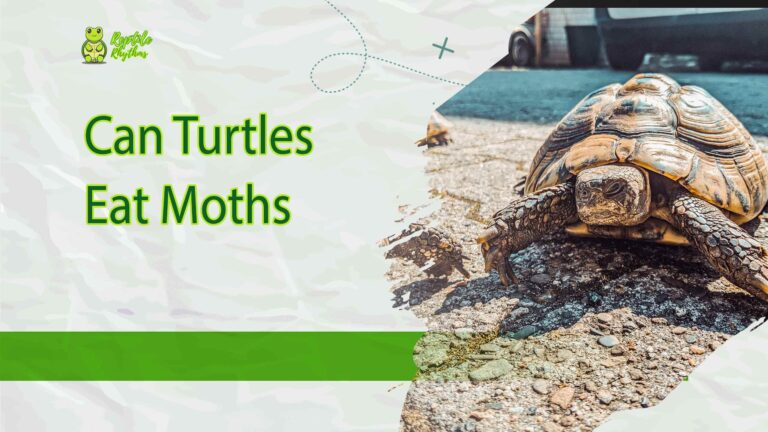Can Turtles Eat Koi Food? (Is It a Yes or a No in 2024)
Let’s pause for a moment to reflect on the benefits and obligations of owning pets as we begin this investigation into whether turtles can eat koi food.
Beyond providing them with basic care, our relationship with these fascinating creatures also entails comprehending their particular requirements and quirks.
Commonly turtles eat krill and other small fish. But can turtles enjoy the delicious world of koi food, then? We must strike a delicate balance between what turtles can and should eat, even though it may appear to be an alluring treat.
Our objective is to develop a diet that delights their little turtle souls in addition to feeding their bodies.
Is Koi Food OK for My Turtles?
That’s a question that might swim through your mind, and I’m here to give you some fantastic insights with a splash of humor!
Imagine you’ve got a delightful pond in your backyard, home to both your graceful Koi fish and your charming little turtles.
The temptation to save some bucks and offer them the same delicious Koi food might be strong, but hold your seahorses! Turtles and Koi have quite different tastes and nutritional needs.
Sure, Koi food might be like a tasty treat for your turtles, but we all know that indulging in treats all day long isn’t the healthiest choice – for us or our shelled companions! Turtles require a balanced diet to keep their shells sturdy and their spirits high.
Now, before you start feeling shell-shocked about what to feed your turtles, let’s dive into the proper menu. Leafy greens like kale, collards, and spinach are turtle favorites, packed with nutrients to keep them paddling strong.
And don’t forget the protein! Live insects, cooked fish, or specialized turtle food can give them the strength to outswim the competition.
Also Read: Can Turtles Eat Ham?
Can Turtles Eat Koi Food?
Yes, turtles can eat koi food, and some may even consume it willingly if offered. However, the question of whether they should eat koi food requires closer examination. As mentioned earlier, while turtles can eat koi food, it may not provide the optimal nutrition they need to thrive.
Turtles, like many animals, may eat a variety of foods when given the opportunity. Their curious nature often leads them to explore and taste different items in their environment. In exploring foods turtles may eat isopods and if provided then they also eat ladybugs.
Therefore, if exposed to koi food, turtles may indeed consume it, but this doesn’t necessarily make it an appropriate or healthful dietary choice.
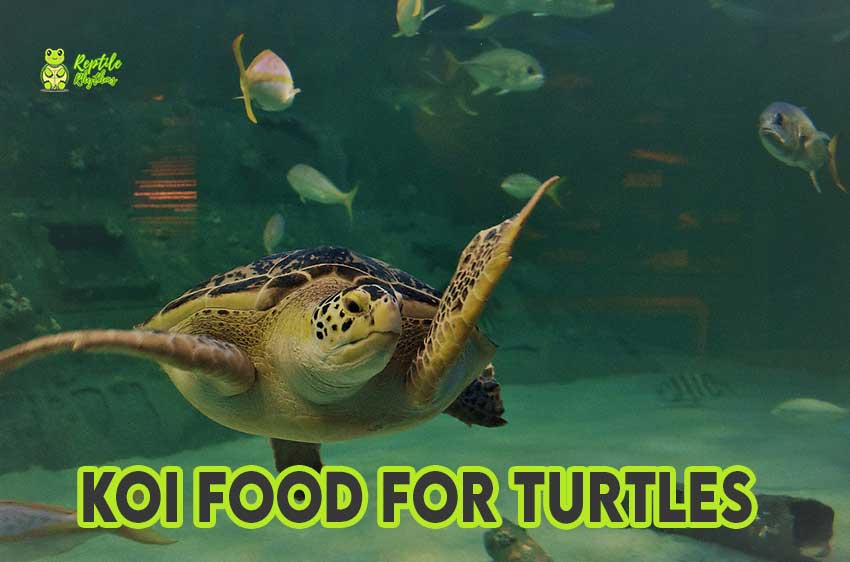
Benefits of Feeding Koi Food to Turtles
Now, let’s put on our culinary hats and explore the potential benefits of treating our turtles to a taste of koi food. Picture our little shelled friends, gazing at those colorful koi pellets like kids in a candy store.
While we prioritize their health, a little indulgence can add some zest to their underwater adventures.
Protein Source
Koi food is rich in protein, which is an essential nutrient for turtles, especially during their growth stages. Protein supports muscle development, ensuring our turtles stay in peak ninja shape!
Variety in Diet
As the saying goes, variety is the spice of life! Offering koi food as an occasional treat adds a touch of excitement to their meals, like a surprise party in their feeding dish.
Nutrient Intake
Koi food contains some valuable nutrients that our turtles require, such as vitamins and minerals. Think of it as their multi-vitamin gummy bears, sans the bear shape, of course.
Acceptance and Convenience
Some turtles may happily munch on koi food, and let’s admit it, convenience is a blessing. If they enjoy it and it complements their diet, it can make feeding time a breeze.
Also Read: Can Turtles Eat June Bugs?
How to Serve Koi Food to Turtles?
Alright, fellow turtle enthusiasts, let’s get into the nitty-gritty of treating our shelled friends to some koi food goodness.
Just like serving up a five-star meal, we must approach this culinary adventure with finesse and a dash of turtle wisdom. So, put on your chef’s hat, and let’s begin!
Occasional Treats
Remember, moderation is the key to a happy turtle tummy. Treats like koi food should be like that extra sprinkle of cheese on a pizza – a delightful addition, but not the entire meal.
Small Portions
When serving koi food, go easy on the portions. Our turtles might be curious little creatures, but they have tiny bellies that can only hold so much.
Supplementing a Balanced Diet
As any seasoned chef knows, it’s all about balance. Koi food should complement their primary diet, not take center stage. Think of it as a side dish to their main course of nutritious turtle pellets.
Observe Your Turtles
Just like we gauge our guests’ reactions to our culinary creations, observe your turtles’ response to the koi food treats. Keep an eye on their behavior, appetite, and overall well-being to ensure they’re happy campers.
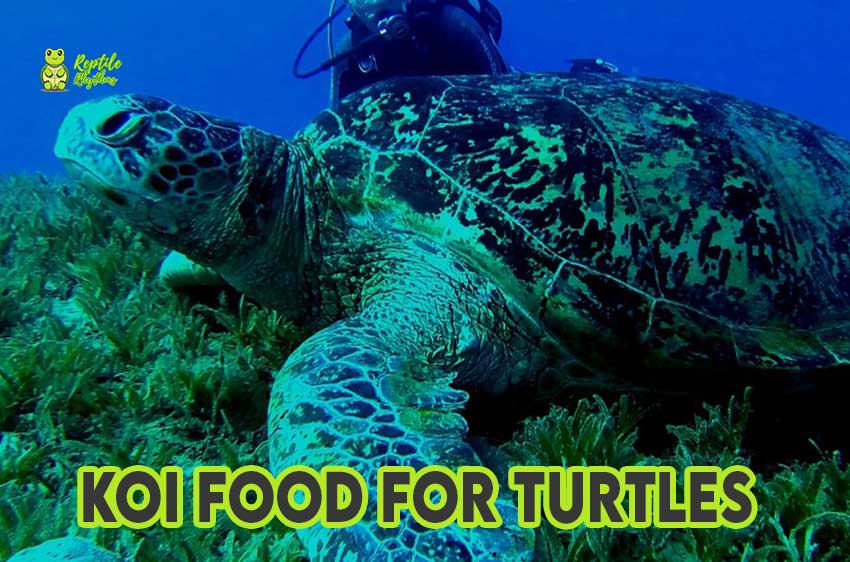
Hydration
The elixir of life! Keep fresh water available at all times, as turtles need a sip now and then to stay hydrated and keep their adventurous spirits afloat.
Opt for Alternatives
If your turtles aren’t big fans of koi food or if you prefer to play it safe, there’s a world of other delectable options. Consider fresh vegetables, leafy greens like you can provide your turtles with mustard greens, and commercial turtle pellets to keep their palates satisfied.
Avoid Processed Koi Food
Just like we try to avoid overly processed foods, opt for high-quality koi food that focuses on the nutritional needs of koi fish. Your turtles will appreciate the extra thought!
Can Baby Turtles Eat Koi Food?
The adorable world of baby turtles! These tiny, wiggly creatures steal our hearts with their cuteness. As they embark on their journey of growth and discovery, we must provide them with the best possible start in life.
But the question remains: can these little adventurers indulge in the colorful world of koi food?
Now, baby turtles have some unique nutritional demands, much like our human babies. They’re in their prime of growth, building sturdy shells and developing their little bodies.
Just like a baby’s first taste of solid food, we want to ensure their culinary adventures are filled with nourishment and delight.
Koi food may be packed with nutrients, but here’s where the plot thickens. While it does offer some protein that baby turtles need, it may not contain the essential calcium levels required for their tiny shells.
Imagine building a house without bricks – a wobbly shell won’t offer much protection for our tiny explorers.
So, dear turtle caretakers, it’s time to don our parental aprons and consider the best options for our little ones. Think of it as crafting a personalized meal plan that caters to their individual growth needs.
While baby turtles might take a curious nibble at koi food, it’s vital to prioritize a balanced diet that sets them up for a lifetime of vibrant health. For fulling their nutritional requirements you can provide baby turtles with June bugs and some other safe insects.
The Potential Risks of Feeding Turtles Koi Food
As we delve deeper into the culinary cosmos of our shelled friends, it’s essential to address the potential risks of feeding turtles koi food.
While we may be tempted to indulge them with these vibrant pellets, we mustn’t overlook the fine print of their dietary needs.
imagine a culinary tightrope walk, where the balance between nutrition and indulgence can make all the difference.
Feeding koi food to our turtles, while enticing, can expose them to a range of potential risks and health issues. Let’s put on our detective hats and explore these risks, shall we?
Nutritional Imbalances
Turtles have their own set of dietary demands, which differ from those of koi fish. Feeding them koi food may not provide the well-rounded nutrition they need. It’s like trying to fit a square peg into a round hole – it just doesn’t quite match up.
Inadequate Calcium Content
The backbone of a turtle’s healthy shell! Calcium is vital for their well-being, but koi food might not provide the necessary dose. A soft shell can leave them vulnerable to injuries and shell-related woes.
Excessive Protein Intake
We all love a protein-packed meal, but too much of a good thing can be a problem. Turtles are not as protein-dependent as koi fish, and excess can strain their kidneys and lead to health issues.
Metabolic Bone Disease (MBD)
When the calcium-to-phosphorus ratio is off-kilter, our little adventurers are at risk of developing metabolic bone disease. It’s like a villain in their culinary tale, causing deformities and discomfort.
Weakened Immune System
Just like we need a strong immune system to fend off nasty bugs, turtles require a balanced diet to maintain their immunity. Koi food may not offer all the necessary nutrients for their immune armor.
Long-term Health Consequences
Remember, it’s not just about today’s meal – it’s about their lifelong health. Consistently feeding koi food can lead to a myriad of health issues down the road.
Lack of Essential Nutrients
It’s like trying to run a marathon without proper training – turtles need the right fuel for their adventures. Koi food may lack the essential nutrients they require to thrive.
Also Read: Can Turtles Eat Lunch Meat?
Tips for a Healthy Turtle Diet
As dedicated caretakers of our shelled companions, we strive to provide them with the best possible care and nutrition.
Crafting a diet that keeps them swimming in the sea of vitality and joy is the key to their well-being. So, let’s put on our chef’s hats once more and dive into some essential tips for a healthy turtle diet!
Research Your Turtle’s Species
Just like each of us has unique dietary preferences, turtles too have specific needs based on their species. Take the time to research your turtle’s species and understand their natural diet. It’s like unlocking the secret to their culinary happiness!
Choose Commercial Turtle Food
High-quality commercial turtle pellets are like the gourmet feast of the underwater world. They are specially formulated to meet the nutritional needs of turtles and offer a well-balanced diet in convenient pellet form.
Offer Fresh Vegetables and Leafy Greens
Who doesn’t love a fresh salad? Turtles certainly do! Supplement their diet with a variety of fresh vegetables and leafy greens. It’s like bringing a farmer’s market to their aquatic abode.
Provide Calcium Sources
Strong shells are the ultimate armor for our turtles, and calcium is the building block. Offer them cuttlebone or calcium supplements to keep their shells gleaming and resilient. For that purpose you can feed turtles with the dose of crayfish.
Moderation with Treats
Tempting treats are hard to resist, but too many can upset the nutritional balance. Treats should be occasional, like a slice of birthday cake on special occasions.
Fresh Water Access
Hydration is the elixir of life for turtles. Ensure they have access to clean and fresh water at all times. It’s like having a cool drink on a scorching summer day.
Observe Your Turtle’s Behavior
As attentive guardians, we learn so much from observing our turtles. Keep an eye on their behavior, appetite, and overall health. It’s like reading their culinary preferences from their body language.
Age and Activity Level Considerations
Just like we have varying dietary needs at different stages of life, turtles do too. Consider their age and activity level when determining portion sizes and nutritional needs.
Seek Expert Advice
When in doubt, don’t hesitate to seek guidance from a reptile veterinarian or experienced pet care expert. They can provide valuable insights and personalized dietary recommendations for your turtle.
Conclusion — Can Turtles Eat Koi Food?
Feeding turtles koi food may be a tempting idea due to its availability and appeal, but it is essential to prioritize their health and well-being above all else. While turtles can eat koi food, it is not the most suitable option for meeting their specific dietary requirements.
Koi food may provide protein and nutrients, but it may lead to nutritional imbalances, inadequate calcium levels, and weakened immune systems.
To avoid long-term health consequences, opt for commercially available turtle pellets and supplement their diet with fresh vegetables, leafy greens, and occasional protein sources. Provide fresh water and observe turtles for health issues.
Seek advice from a reptile veterinarian if you have any concerns or questions about your turtle’s diet or overall well-being.
Also Read: Do Turtles Eat Crabs?
FAQs — Can Turtles Eat Koi Food?
Can turtles eat fish food?
Yes, you can feed your turtle fish food occasionally, but it should not be their primary diet. Turtles have specific nutritional needs, so opt for balanced commercial turtle food for their health.
Can turtles eat pond pellets?
Yes, turtles can eat pond pellets, but they should be specifically designed for turtles to ensure they receive the necessary nutrients for their well-being.
Are fish pellets good for turtles?
Fish pellets may be occasionally acceptable for turtles, but they lack essential nutrients like calcium. It’s best to opt for commercial turtle food to meet their specific dietary needs.
